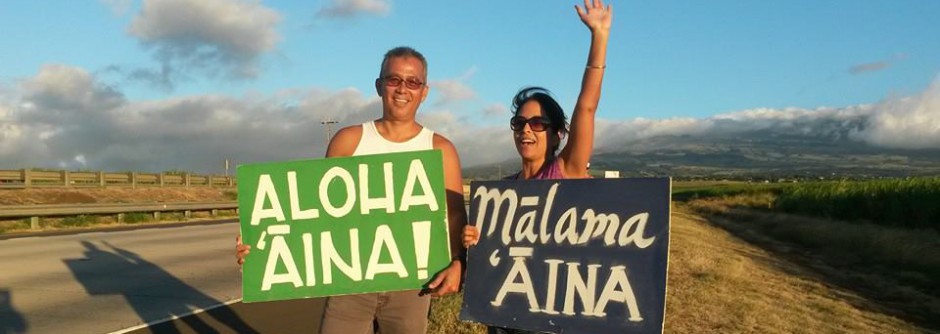I haven’t been posting lately mainly because we have been jamming in class. I’ve been trying to show how everything went downhill after the Bayonet Constitution. The students now know the details of the overthrow as well as the subsequent annexation of Hawaiʻi to the U.S. What I am most concerned about is how they will use this information. To me, it’s not just history. What will we do with this ʻike? In a stirring speech to the assembled gatherings of Hawaiians, James Kaulia of the Hui Aloha ʻĀina or Hawaiian Patriotic League said “Let us take up the honorable struggle. Do not be afraid. Be steadfast in aloha for your land. Be united in thought. Protest forever the annexation of Hawaiʻi until the very last patriot lives.”
We see that our kupuna fought. They resisted the idea of annexation – even said it would be like being buried alive. Today we are American citizens who enjoy the rights and freedoms that the country has given us. What does that mean for our ancestors whose voices went unheard? What does it mean for our kupuna who fought, who resisted, who did kū ʻē? 38,000 Hawaiians signed the anti-annexation petitions. In 1893, there were 40,000 Hawaiians left. This means that the overwhelming majority of our kupuna opposed annexation. Perhaps, because it was not a bloody revolution, we brush it aside. We don’t think much about it. But, the uestion remains. Do we Hawaiians today have a kuleana to stand up and fight? If so, what are we fighting for? Some say the overthrow, annexation and fraudulent statehood vote are “ancient history”. What’s done is done. So does that mean we simply forget and move on? You tell me.


One Response to Overthrow and Annexation